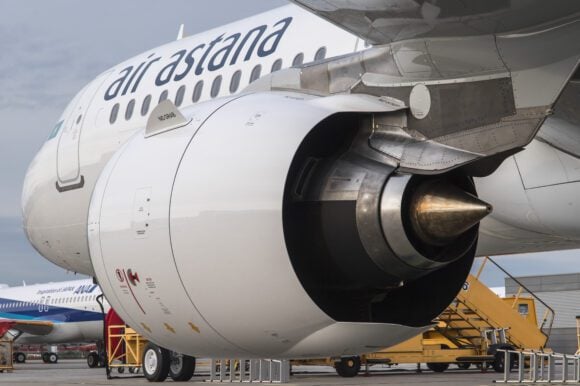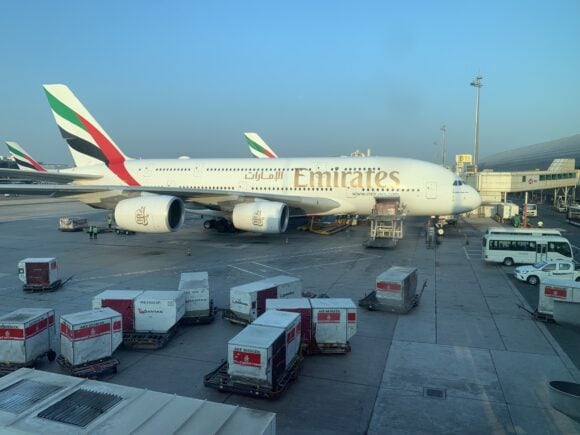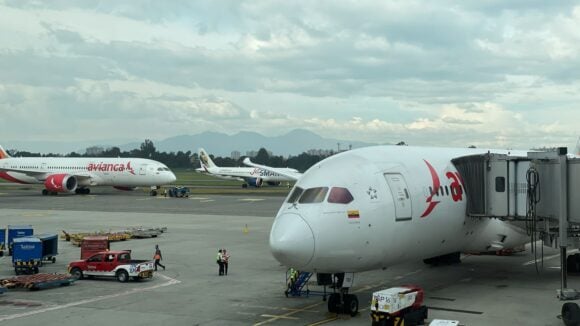First thing this morning, ATA (Air Transport Association of America) came out with its statement about the new EU scheme in the making.
“The Air Transport Association is disappointed that Advocate General Kokott does not believe that the European Union is bound by the Chicago Convention, the treaty governing aviation, and that the unilateral application of the EU ETS to international aviation otherwise does not violate law. ATA’s view that the extension of this unilateral, regional scheme to aviation violates international law is supported by more than 20 countries, (including Brazil, Russia, India, China, Japan, the United States and many others), which recently reconfirmed their opposition to the EU.
Today’s action is an important step in the court process, but, as it is a non-binding, preliminary opinion, it does not mark the end of this case. The opinion will provide a basis on which the judges assigned to the case can further deliberate and come to a full and unanimous decision. In complex cases such as this one, it would not be unusual for the full Court’s final opinion to vary from the preliminary opinion.”
Then IATA came out with its statement:
“We are disappointed with the opinion of the Advocate General, but it is only part of a complex set of developments concerning the EU-ETS,” said Tony Tyler, IATA’s Director General and CEO.
While the Advocate General of the CJEU believes that Europe is within its rights to move forward with this extra-territorial measure, that opinion is not shared in the international community. Many governments are rightly concerned about the infringements on sovereignty and the Chicago Convention that Europe’s plans pose. Last week more than 20 states—including India, China, Japan, the US, and Russia signed a declaration vowing to challenge the plan’s extra-territoriality at the International Civil Aviation Organization (ICAO). And India, for example, has very clearly indicated that if Europe proceeds it will retaliate,” said Tyler.
We support and need positive economic measures as part of our strategy to manage aviation’s emissions. Emissions trading is one possibility. But it must be a global scheme under the leadership of ICAO. The principles for such a scheme were agreed in 2010 and ICAO is committed to delivering a global framework by 2013. Rather than risking a further escalation of tensions amongst states, I encourage Europe to support a successful, global and effective solution through ICAO,” said Tyler.
ATA brought the legal action against the EU in 2009 on behalf of all of its members, said in its argument that aviation greenhouse gas emissions should be regulated on a global sectoral basis. IATA noted that the aviation industry has ambitious environmental targets: to improve fuel efficiency by 1.5% annually to 2020, to cap net emissions from 2020 and to cut net emissions in half by 2050. Alongside improvements in technology, operations and infrastructure, global economic measures including emissions trading are needed.
And what of the EU? It seems the EU’s legal team thinks they can proceed with this move against airlines. The fight isn’t just between the EU and the USA. More than two dozen countries are against this move by the EU. The stakes are high, and as pointed out by Fitch, this issue could escalate into a trade dispute with big ramifications for the EU. For example, nations might simply offset their own airlines’ costs by taxing EU airlines an equal amount. Clearly this is a zero sum game for everyone. One can only hope that cooler heads at the EU Court of Justice will realize the folly of the proposed policy. The EU, for sure, does not need to add to its economic troubles now. For that matter, no country needs this overbearing intrusion.
Views: 32
About The Author
Take AirInsight for a Test Flight
7 days full access — premium analysis and the complete data model library — for $1. No commitment.
Start My Test Flight →



Of course taxing only European airlines is unquestionably against all agreements. Not an easy situation.
Seems the real problem is that even after all this time ICAO has not been able to set a timeline.
…What I see is that only EU really cares and acts against global warming…Thumbs up!